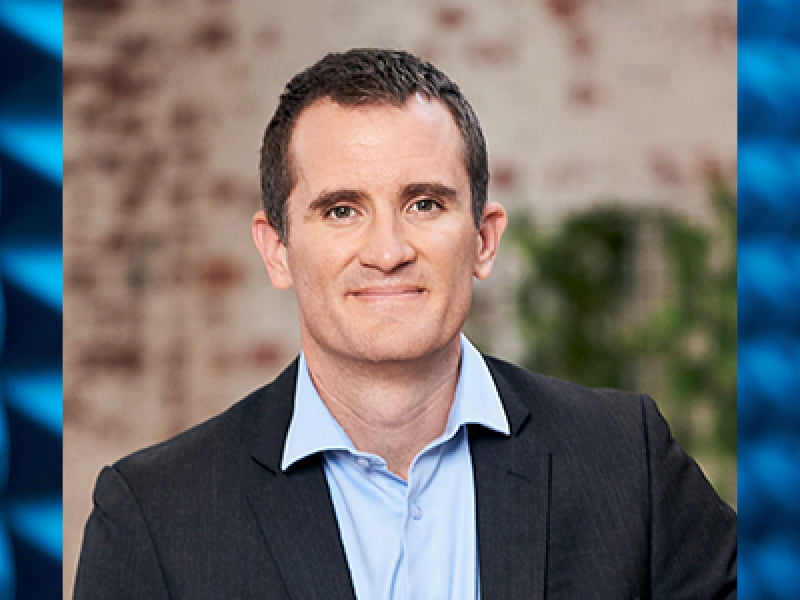Silentium Defence is a passive radar deep tech startup spun-out of the Defence Science and Technology Group (DSTG) in 2017, the first tech company to spin-out from Defence in decades.
The company has been predominantly bootstrapped. It is based in Adelaide and has grown from two employees – co-founders James Palmer and Simon Palumbo – to 60 people today.
It was the first non-CSIRO team from a public-funded researcher to be accepted through the CSIRO ON Accelerator program, run by the CSIRO to better commercialise the output from institutional research. It was also the outfit from Defence accepted in the program.
The ON Accelerator was transformative for the two researchers.
In this episode of the Commercial Disco podcast, co-founder Dr James Palmer talks candidly about the experience of coming out of Defence and into a challenging deep tech startup environment.
The opportunity is immense. The applications for defence are clear. Passive radar, as the name suggested is quiet.
Unlike traditional radar which sends out a burst of radio activity and seeing what bounces back, the passive radar technology picks up disturbances in existing radio activity.
While the initial focus of Silentium Defence is – as the name suggests – the defence market, it is likely straight commercial applications could well end up as the more valuable market.
This is a fascinating interview. The technology itself is very cool. But the journey from a Defence laboratory to a commercial deep tech startup is itself fascinating – and provides insights into the operation of the Australian tech ecosystem.
This is an archetypal dual-use technology, so the progress of Silentium Defence from a research lab to a startup focused on Defence to as a company developing products for the commercial markets is an important story.

There are genuine challenges that some very smart policy people are grappling with to build an innovation model that allows Defence to acquire specific capability that also enables companies to grow into commercial export markets.
“We think about three market segments,” Dr Palmer said. “Defence is the number one with a bullet [in terms of size and importance], that’s the reason we actually started the company and made the decision to step out of the DSTG.
“We also think about the explicitly dual-use nature of space domain awareness and space situational awareness, whether you’re talking to either Defence end-users or commercial end-users (in the space industry). For us, it’s the same kind of core technology that we’re offering there,” Dr Palmer said.
“And then we have the straight commercial applications as well, that we’re pursuing,” which will include, among a range of things, traffic management for drones in congested areas. This will become a huge market.
As you would expect, this interview includes a discussion on the Defence Strategic Review, on ITAR (the US International Traffic in Arms regulations) and the US Defense Production Act.
It discusses the impact of the CSIRO program on the direction of the company.
Dr James Palmer is not entirely what you’d expect from a deep tech CEO who came from a long career in Defence research. Not that there is a deep tech CEO cookie-cutter out there. They are all different in their own way.
As an undergraduate, Dr Palmer did a double degree at the University of Queensland – a Bachelor of Arts with a double major in Japanese, and a Bachelor of Electrical and Electronic Engineering. He then got his PhD on the STEM, engineering side of his brain.
But it’s the Japanese language that stands out. It turns out, having grown up in a central Queensland town with a population of 5,000, James Palmer went Japan as an exchange student for 12 months in year 11.
And that’s a life changing experience for a kid who did not speak any Japanese when he landed in the country.
“It absolutely broadened my horizons, unambiguously,” Dr Palmer said. “To go from a town of 5000 people to a city
of seven million, where I couldn’t speak the language at all at the start, was something that just changes your worldview quite significantly.
“It’s hard to know what the long-term implications of that [decision] have been. But it has kind of given me the courage to probably just go and actually have a look at things and try out different things throughout life,” he said.
Silentium Defence is an important story, because currently it is both an exemplar and a pioneer.
Do you know more? Contact James Riley via Email.

